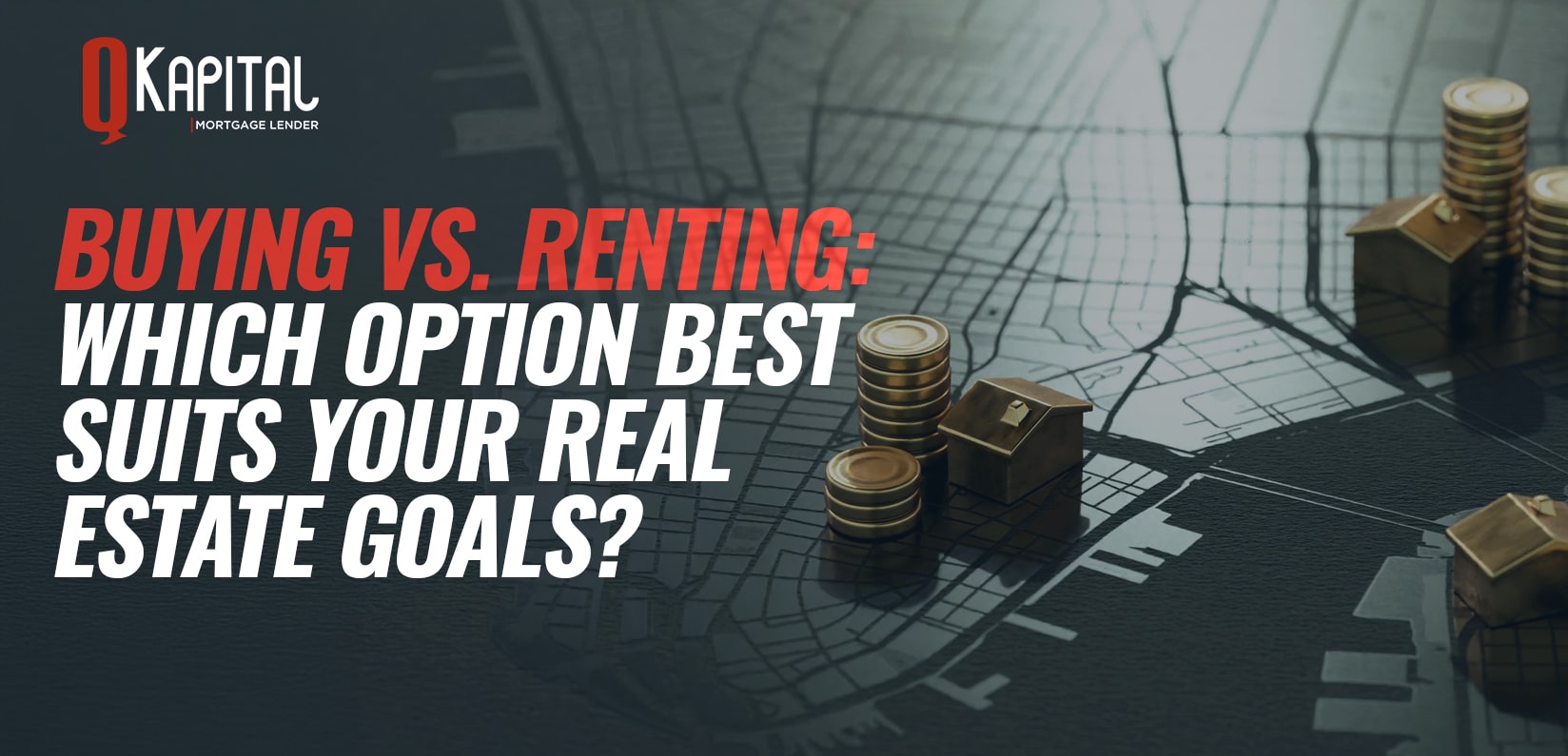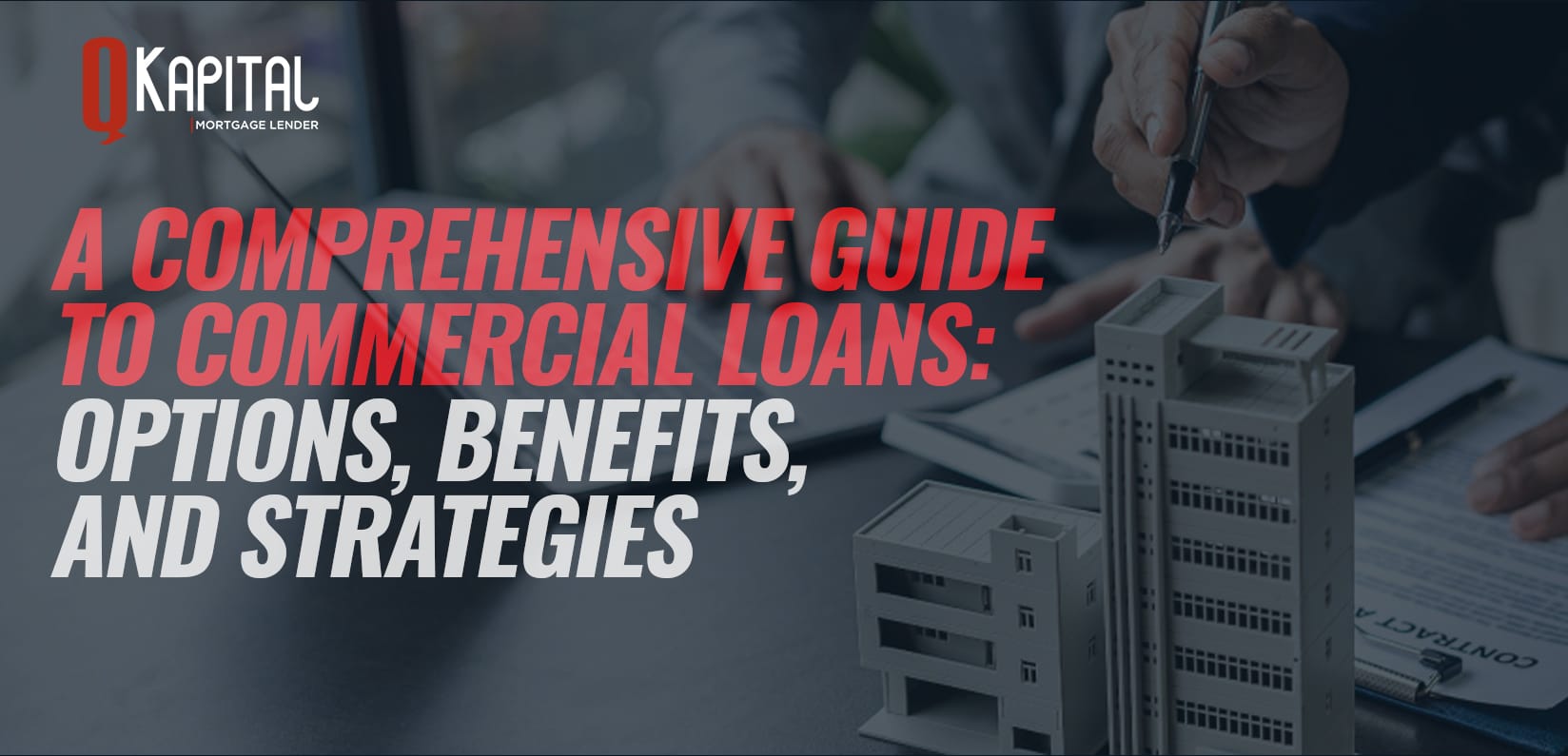Estimated reading time 5 min 42 sec.
Deciding between buying and renting a property can be complex. Each option offers unique benefits and drawbacks, depending on your financial goals, lifestyle, and long-term plans. In this guide, we’ll break down the advantages and disadvantages of both buying and renting to help you make an informed choice
Table of Contents
Buying a Property: Building Long-Term Wealth and Stability
Potential for Appreciation and Equity Growth
One of the most significant advantages of buying property is the potential for value appreciation over time. Real estate often increases in value, allowing homeowners to build equity. This can lead to a positive return on investment, especially in growing markets
Freedom to Customize and Renovate
Ownership means you can make modifications to suit your preferences, from remodeling to landscaping. This flexibility enables you to truly make the property your own.
Potential to Generate Rental Income
If you purchase a property with an additional unit or space, you can rent it out, creating an additional income stream that could offset mortgage payments.
Tax Deduction Opportunities
Homeowners may benefit from tax deductions, including mortgage interest and property taxes. This can lead to substantial savings on annual income tax filings
Responsibilities and Costs
However, owning a property comes with added responsibilities. You are liable for maintenance, repairs, and any homeowners’ association (HOA) fees. These costs can add up and require budgeting to maintain the property’s value.
Renting a Property: Flexibility Without Long-Term Commitment
Ease of Relocation
Renting offers flexibility, allowing you to relocate without the commitment required for homeownership. This is beneficial if you foresee changes in your job or lifestyl
Limited Financial Responsibilities
Renters typically avoid the costs associated with property maintenance and taxes. Major repairs fall under the landlord’s responsibilities, making it easier for renters to budget without unexpected expenses.
No Tax Benefits
Unlike homeowners, renters cannot deduct rent from taxes. Additionally, renting does not build equity, meaning the money spent on rent does not contribute to long-term wealth building
Rent Increases and Lease Renewal Uncertainty
Rental prices often increase yearly, impacting your budgeting. Additionally, renters depend on landlords to renew leases, which may affect housing stability if the landlord decides not to extend the lease.
Making the Choice: Consider Your Goals and Financial Position
When deciding, consider your goals, location, and finances. Buying is ideal if you seek long-term stability, potential income, and value growth, while renting offers flexibility and less financial responsibility.
Ready to explore your financing options for property investment? Contact QKapital today to discuss your unique goals with our expert team, and discover how we can help you achieve them.

















